Testosterone Deficiency
Testosterone deficiency is an issue that can seriously impact the health of women, as it is a vital hormone for their all-round health and well-being. Testosterone levels in women drop by half from the age of 20 until the age of 40, and removal of the ovaries can contribute to testosterone levels dropping by as much as 50%. Low amounts of testosterone can cause various negative side effects such as loss of sexual desire, loss of energy, loss of sexual responsiveness and a weakening of female orgasm, as well as increasing the risk of osteoporosis.
Testosterone Therapy in Women
Though testosterone therapy is usually considered a remedy exclusive for men, it is a frequent and occasionally necessary cure for women as well, aiding in the case of menopause induced testosterone loss. This loss can cause fatigue, hot flashes or night sweats.
This therapy is a viable solution that can maintain the hormonal balance and assist in increasing the sex drive and bone strength, and can even help treat osteoporosis in women. Other examples of testosterone therapy for women benefits include the ability to remove poisonous hormones and cells in women’s bodies in some cases, and helping those suffering from breast cancer in others. This therapy comes in the form of a pill or an injection, but can also be applied as a cream or gel for the female patients.
- Testosterone is the most abundant biologically active hormone in women.
- Testosterone is essential for women's physical and mental health and wellbeing.
- Outside of supra-pharmacologic doses of synthetic androgens, testosterone does not have a masculinizing effect on females or female fetuses.
- There is no conclusive evidence that testosterone therapy causes hoarseness or irreversible vocal cord changes in women.
- Testosterone therapy increases scalp hair growth in women.
- There is substantial evidence that testosterone is cardiac protective and that adequate levels decrease the risk of cardiovascular disease.
- Non-oral testosterone does not adversely affect the liver or increase clotting factors.
- Testosterone therapy decreases anxiety, irritability and aggression.
- Testosterone is breast protective and does not increase the risk of breast cancer.
- The safety of non-oral testosterone therapy in women is well established, including long-term follow up.
The Side Effects of Testosterone Therapy in Women
Testosterone therapy in women can harbor a string of side effects, including increased acne and facial hair, mood changes, voice alteration, liver problems and an enlarged clitoris. Other than carefully considering these side effects, it is also advised to adhere to a healthy diet and regular exercise in order for the testosterone therapy to work faster.
The increase in acne and facial hair is mostly caused by changes in the pilosebaceous units, and other hormonal activities such as menstrual cycles and puberty, but can be caused by testosterone therapy in women. Increased masculinity in the face as well as growth of facial hair is a common side effect and can cause serious psychological symptoms such as reduced self esteem, along with physical scarring.
Mood changes are also a frequent side effect, and their prominence and ease of notice makes them easy to spot as symptomatic.
Women undergoing testosterone therapy may also experience voice alteration, such as deepening of the voice and sudden voice change.
A rare side effect of testosterone therapy in women is liver problems. It rarely occurs as the side effect of testosterone therapy in women, but in the case of patient complaints on symptoms such as pain in the liver, excessive thirst and frequent urination, it is advised to seek immediate consultation with a doctor.
Finally, another less common side effect of testosterone therapy for women is an enlargement of the clitoris. This symptom can be caused by a variety of reasons, so consultation with a doctor is recommended before assigning this effect to testosterone therapy.








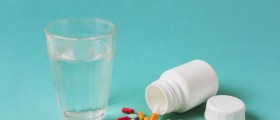
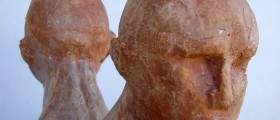
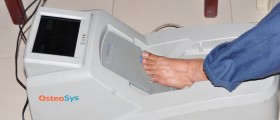
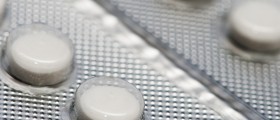

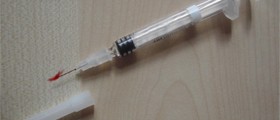



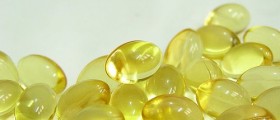
Your thoughts on this
Loading...